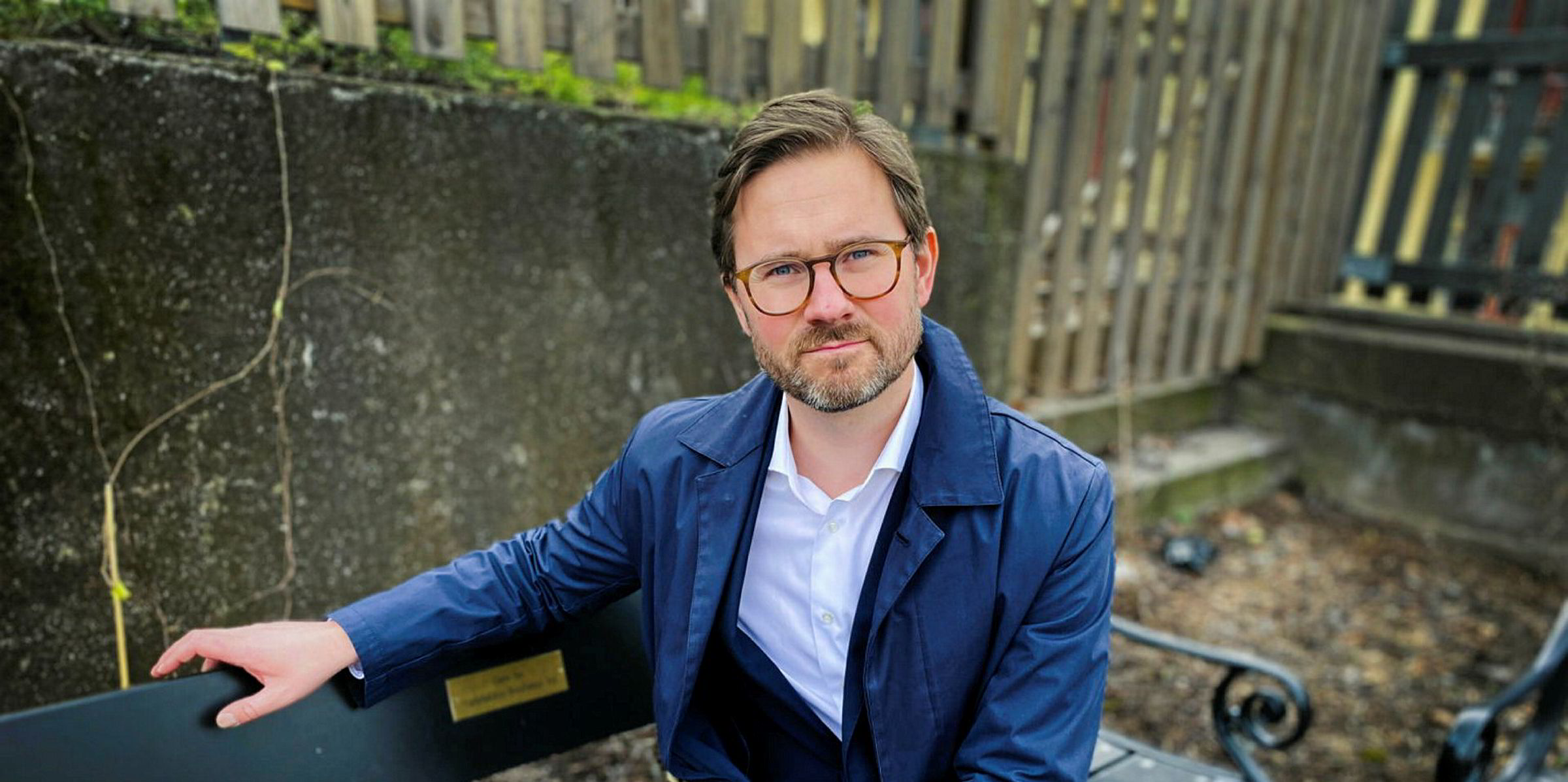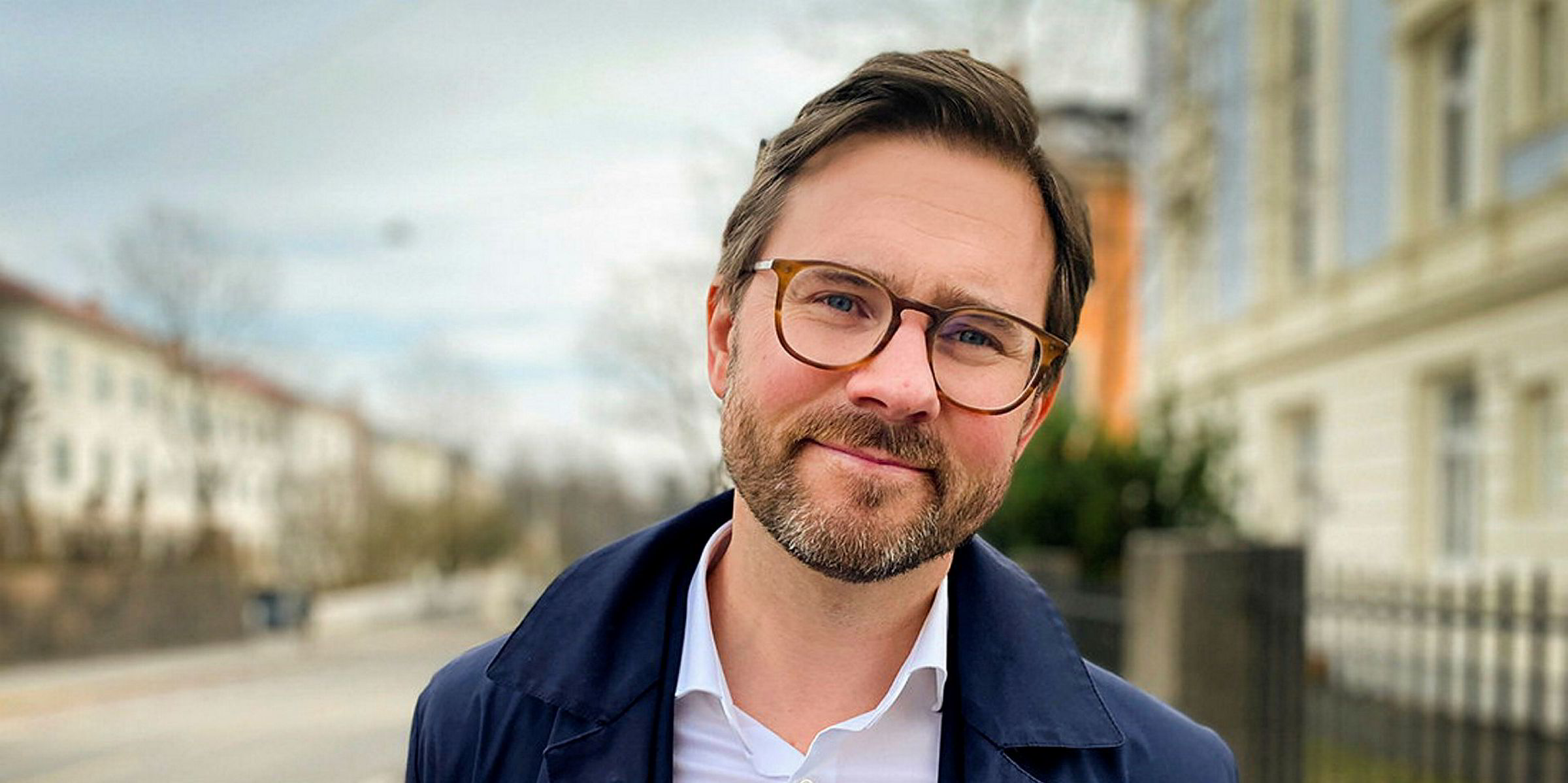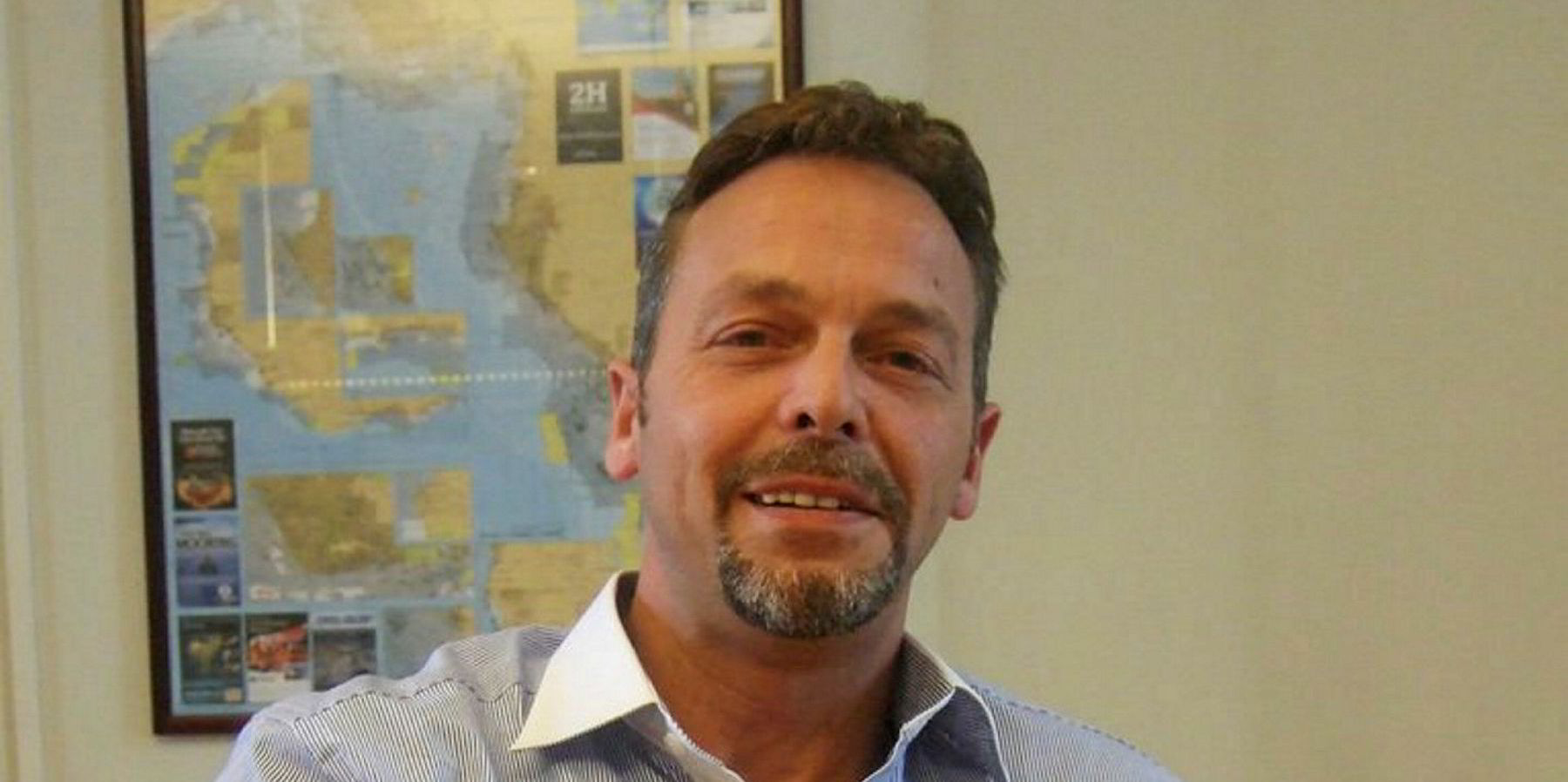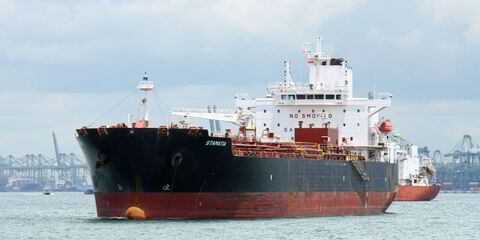Major Norwegian lender DNB is warning that not all shipowners will make it through the coronavirus crisis.
The bank has increased provisions as it expects shot-term losses from the pandemic and the oil price fall, but says major uncertainty exists longer term.
Global head of ocean industries Jan Ole Huseby told TradeWinds that the conventional shipping sector is coping well, but the offshore support vessels industry faces consolidation and some company failures.
"The shipping effect has not been too bad. It is offshore getting the headlines these days," he said.
"Shipping is holding up, except for cruise, but the uncertainty factor is how long this goes on for and how it unfolds. Car carriers have faced some challenges and there will be challenges for bulkers the longer it goes on."
But offshore vessel owners are caught in a pincer movement of collapsed oil demand and coronavirus restrictions, with the North Sea spot market at rock-bottom levels for platform supply vessels.
Huseby said: "It's a pity because during 2019 and in the beginning of 2020 there was some modest optimism from these companies and rightly so.
"Some did quite well last year, but the companies were still struggling from the previous crisis and were a vulnerable group.
"Liquidity is the key issue," Huseby added. "The companies are highly leveraged and that is a concern when rates go lower.
Severe crisis
"It is something we are trying to accommodate as best we can, but the severity of this crisis is quite high."
Huseby warned: "We do expect consolidation going forward and not all companies are expected to make it through this downturn."
He explained that each case is different. "It is company specific, not necessarily dependent on the size of the company," he said.
DNB has NOK 109bn ($10.4bn) of oil-related loans rated as exposure at default (EAD), which is 5% of its overall total.
It said it is the most challenging segment of its operations, but views the number of customers and total exposure as manageable.
The shipping portfolio is classified as comprising large companies with financially strong owners.
The EAD figure is NOK 67bn, which is 3% of the bank's total.
Debt swaps the last resort
Taking over assets is the last thing DNB wants to do, Huseby said, but it has equitised debt in the past and "that is something we can do again".
"But this is not our preferred option. We want to work closely with companies and owners to preserve the knowledge in the industry.
"The key to everything is close cooperation."
Huseby took over from Kristin Holth on 1 April, but had previously seen the beginnings of the crisis when he worked with the offshore and oil portfolio.
"It was astonishing. It happened very, very fast," he said.
"The focus is now on solving the issues of current clients, rather than new lending.
"There are limited new projects which is a natural consequence of the crisis."
He added: "We have been in these industries for decades. It's about being long term, solving the issues of clients now and then looking further ahead.
Well prepared for turmoil
"We are constantly developing to have the best fit. We've been through many crises before and we have learned from them."
Huseby said: "We are a solid bank with one of the most robust balance sheets in Europe, and with our knowledge of these industries we are one of the banks best fitted to handling this crisis in the world."
The bank has reduced its shipping book by more than NOK 100bn in recent years, as part of its strategy to work more closely with remaining customers.
DNB is predicting a gradual recovery in markets in the third and fourth quarters this year.
Impairments on financial instruments jumped to NOK 5.77bn ($560m) in the first quarter, from NOK 316m in the same period a year ago.





